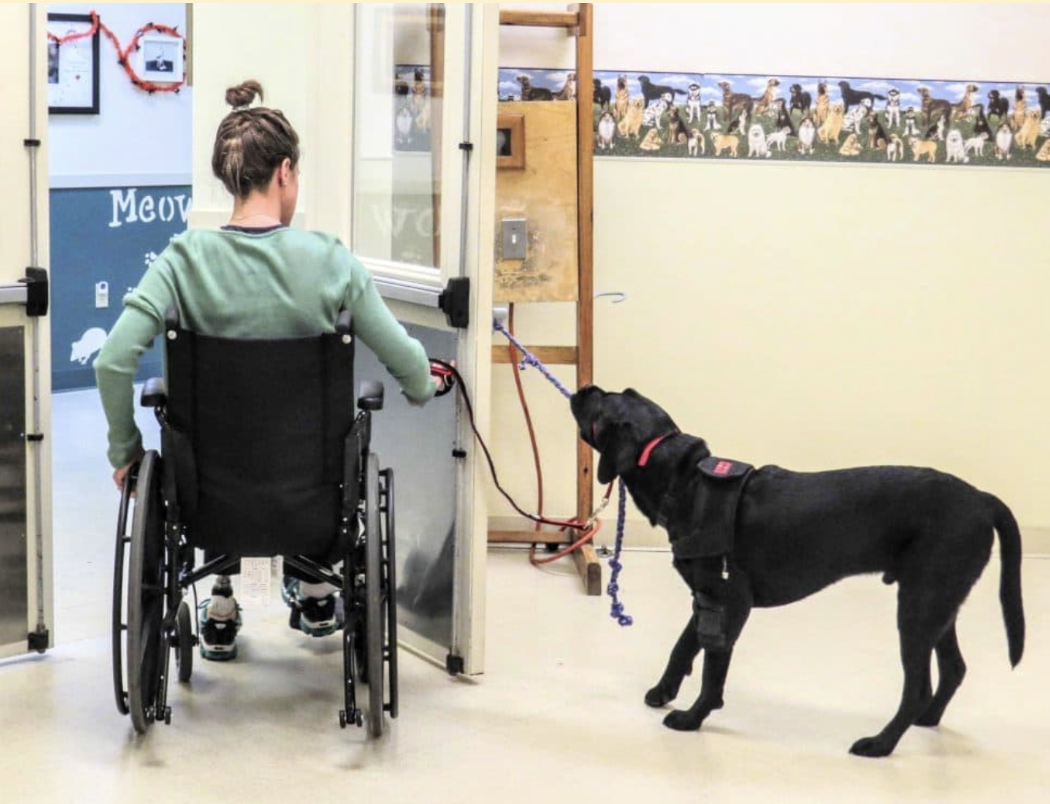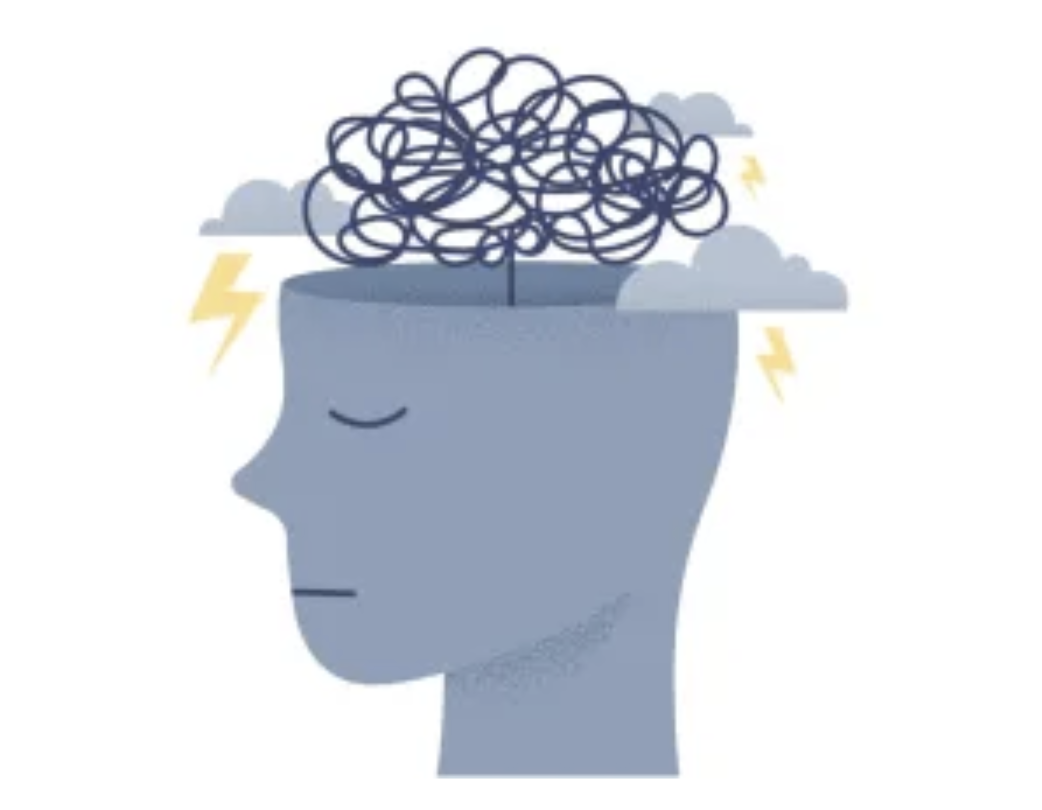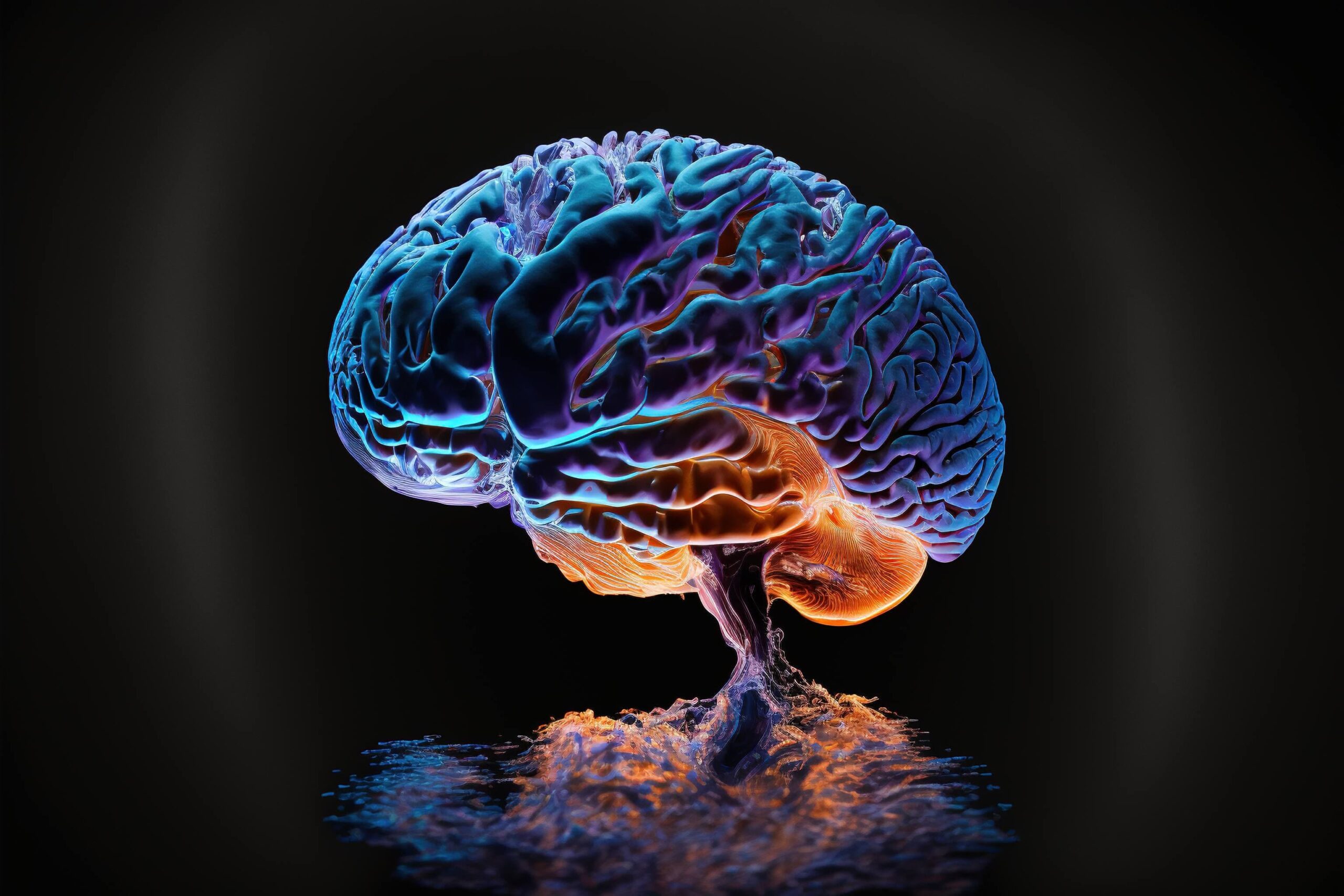-
Furry Prescription: The Healing Powers of Pet Interaction

This article discusses the therapeutic benefits of pets on human health, emphasizing their role in enhancing physical activity, improving mood, and providing emotional support. Through personal experience and scientific research, it underscores the transformative impact of pet ownership on individuals’ well-being.
-
Trauma and the Brain: How Childhood Experiences Affect Your Memory

This article delves into the profound impact of traumatic childhood experiences on an individual’s cognition and memory. It discusses how childhood trauma can lead to memory retrieval problems, such as dissociative amnesia, and impairments in working memory, emphasizing the need for effective interventions and therapeutic approaches to assist survivors in improving their mental well-being.
-
Facial Recognition in Humans Versus Artificial Intelligence: When Are We Wrong?

Every day, we encounter numerous faces of diverse genders, ages, and races, and our ability to identify them accurately is crucial. Recognizing the limitations of both human and Artificial Intelligence facial recognition systems, this article aims to explore the causes and implications of facial recognition failures.
-
ADHD: Prescription Medication Shortage

4.4% of Adults in the United States are clinically diagnosed with ADHD, and 32.7% of ADHD adults rely on stimulants for treatment. However, in 2022 the FDA announced that there was a drug shortage, which also impact Adderall production. Adderall is the most common medication prescribed to ADHD patients and a lack of this medicine…
-
The Mind as an Origami Model: A Tale of Ambiguity and Emergence

What does an analogy between origami and the mind tell us about the current state of cognitive science?
-
Take It Easy: Reap the Benefits of Resting on Purpose

How do we “rest on purpose”? Let’s start with redefining the relationship between rest and work.
-
Looking Down the Memory Barrel: Does the Weapon Focus Effect Impact our Legal System?

The weapon focus effect can help us understand how people remember highly emotional events. Could this change how we think about eyewitness testimony?
-
What Neural Networks Put Second: Categorization Models as a Window into the Nature of Memory

What do older cognitive models of categorization tell us about memory that state-of-the-art neural networks do not? The difference between past and present is not just one of performance, but also of psychological insight.
-
Neurofeedback: Can You Train Your Brain?

Have you ever wanted to train your brain? Neurofeedback has been claimed to aid in the treatment of several disorders and cognitive patterns such ADHD, depression, epilepsy, and others–particularly conditions resistant to treatment.
